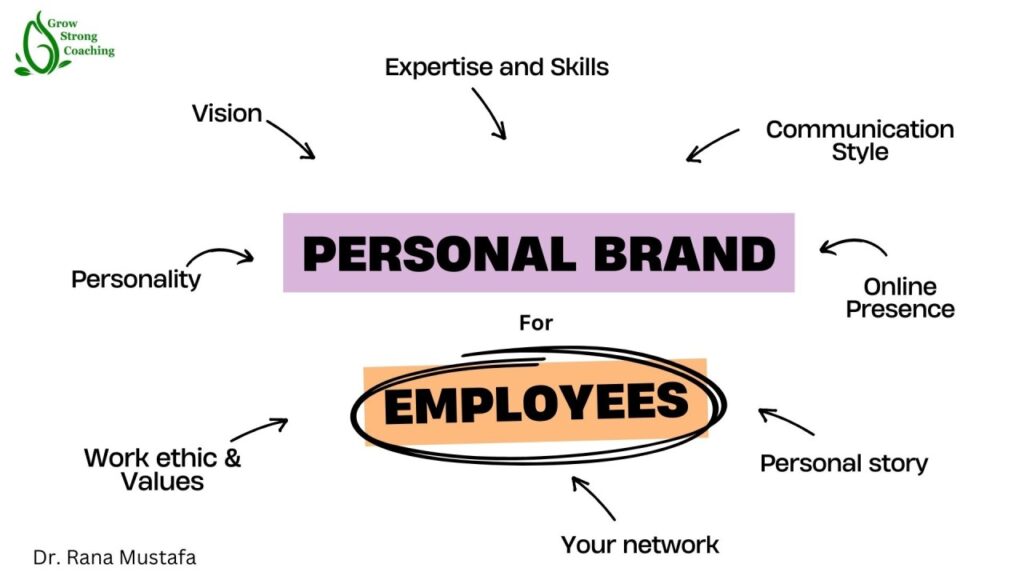
“Personal Branding” I know what you’re thinking: Not that phrase again.
You’re probably saying to yourself, “I’m not a world-renowned expert. I have a normal job or a growing business. I do my best, and that feels good enough. I’m not chasing fame or the glorified ‘grind’—my clients are satisfied, my circle knows me, and that’s enough.”
I hear you. And I respect that.
But here’s the reality:
Whether you’re actively building a personal brand or not, you already have one.
The Shift: From Being to Becoming
We live in a generation obsessed with becoming—not being. There’s a push for movement, innovation, and reinvention. That’s why so many professionals can’t imagine staying in one job for 30 years. The old formula of security—”go to school, get a job, retire comfortably”—has been replaced with: “How do I build something meaningful, adaptable, and fulfilling?”
And yet, there’s nothing wrong with stability.
If you’re chasing that promotion, eyeing the corner office, and planning your retirement with precision—you’re not doing it wrong.
If you’re an entrepreneur running a lean, profitable SME with loyal clients and a trusted team—kudos. That’s no small feat.
But here’s where we need to talk:
Stability can be freeing—but it can also be blinding.
Comfort is dangerous when it leads to stagnation. Whether you’re employed, self-employed, or somewhere in between, the world around you is evolving. How you’re perceived, how you present yourself, and the value people associate with your name? That’s not static.
Which brings us back to your personal brand.
The Personal Brand You Already Have
Take ten people who know you—friends, clients, colleagues, distant acquaintances—and ask them to describe you. You’ll hear different words, but a few patterns will emerge. Those patterns? That’s your personal brand.
It’s the sum total of your:
- Reputation
- Presence (online and offline)
- Values and beliefs
- Style of communication
- Quality of delivery
- Energy you carry into rooms, projects, conversations
We love to say, “I can’t control what people think about me,” but that’s not entirely true. While you can’t control their bias or assumptions, you can set the stage for how they perceive you.
So What Can You Control?
Here’s where intentional personal branding comes in. Let’s break down the part you can influence:
1. Your Narrative
If you don’t tell your story, someone else will—through limited interactions, assumptions, or outdated perceptions.
Craft your narrative. Own your origin. Highlight your growth. Be visible for the right things.
Ask yourself: What do I want to be known for? What values do I stand on? What do I want people to say about me when I’m not in the room?
This isn’t about faking an image—it’s about aligning your actions with your authentic values.
2. Your Online Presence
Let’s be honest—Google is the new CV.
What shows up when someone searches your name? A blurry Facebook photo from 2016 or a LinkedIn profile that tells a compelling story of your work, achievements, and thought leadership?
You don’t need to be a content creator. But in today’s digital world, your online presence speaks louder than your business card.
Keep your profiles updated. Share insights. Celebrate milestones. Let people know what you’re working on and what you care about.
3. Your Visibility
Even excellence needs PR.
You could be amazing at what you do, but if no one knows it, you’ll get overlooked. You don’t need to shout—but you do need to show up.
- Speak on panels or webinars in your field
- Volunteer to mentor
- Share a case study on your business page
- Comment meaningfully on conversations in your industry
Visibility doesn’t have to be loud. It just has to be intentional.
4. Your Network
Your brand lives in the minds of others.
Curate meaningful relationships—people who can vouch for you, refer you, collaborate with you, or challenge your thinking.
Your network is a mirror and a megaphone. What they say about you can open or close doors.
So invest in those connections. Not just for what you can get—but for what you can give, too.
5. Your Consistency
Nothing breaks trust faster than being unpredictable.
Personal branding thrives on consistency. It’s not about being perfect—it’s about being reliable. Whether it’s how you write emails, show up to meetings, pitch your services, or engage online—your energy, values, and excellence should echo through it all.
6. Your Ability to Adapt
The market shifts. The platforms change. The rules evolve. A strong personal brand isn’t rigid—it’s resilient.
Those who thrive are not just excellent at what they do, but adaptable in how they express it.
Whether you’re transitioning careers, pivoting your business, or stepping into leadership—your personal brand becomes your bridge.
So Why Bother?
Because a personal brand gives your name momentum.
It opens doors before you knock.
It makes people remember you when opportunities arise.
It builds trust before you speak.
It separates you from the noise—not by being louder, but by being clearer.
And in an increasingly connected, distracted, and competitive world—clarity is currency.
Final Thought
You don’t have to chase fame. You don’t have to “grind” endlessly or turn your life into a content machine.
But you do have to be intentional.
Because even when you think no one is watching—you’re building a brand.
And when done right, your personal brand becomes your silent ambassador.
Let’s stop leaving it to chance.
One response
Pure, raw and intentional. We love to see it !